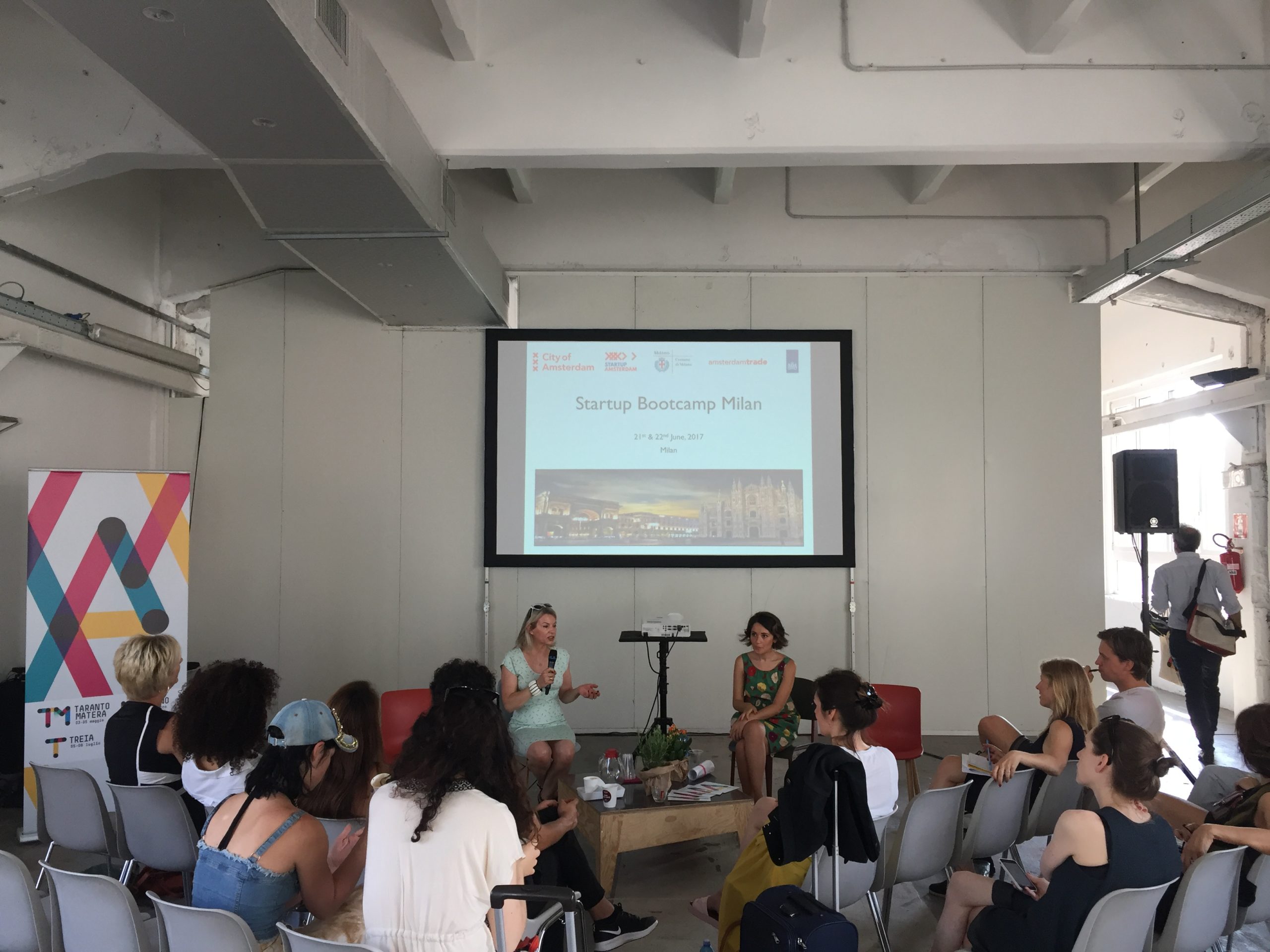PORTFOLIO
Our Portfolio projects are a key part of SCALE.CITIES activities. This overview gives insights into our startup city projects and initiatives and explains why your city should get involved.
Our Portfolio projects are a key part of SCALE.CITIES activities. This overview gives insights into our startup city projects and initiatives and explains why your city should get involved.
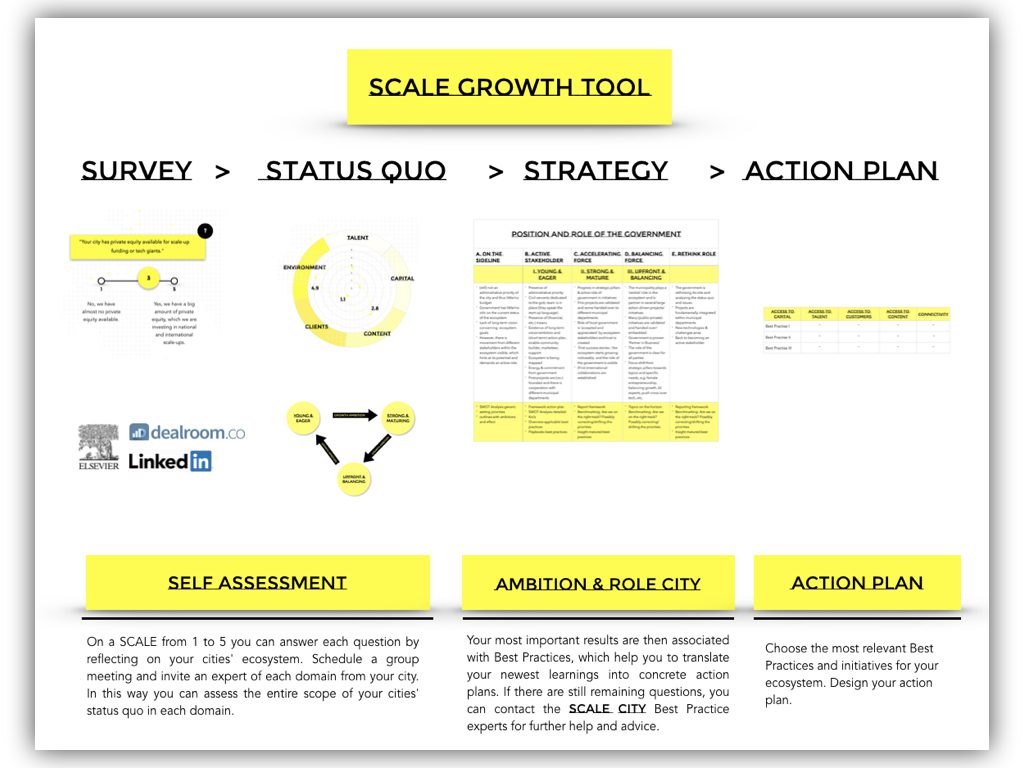
Self-assessment tool to benchmark your city and receive suggested best practices. How do you stand as an ecosystem? What are your strengths and weaknesses? Where and how can you as a government play a role? How can you learn from other cities? These questions are central to the self-assessment tool, which is explicitly not a ranking of cities but a tool to strengthen the local ecosystem. Assess and grow your local startup & tech ecosystem. Instead of using rankings, or comparisons, you assess your ecosystems’ current status and start designing an action program to strengthen it. SCALE Tool matches effectively the world’s Best Practices with your local ecosystem and put it into an action program.
The Handbook is produced by StartupAmsterdam and StartupEurope. The main contributors are city officials and partners from twelve of the SCALE.CITIES partners who run the featured projects themselves and share their own insights, challenges encountered, and solutions that proved to be successful.
The content of the handbook has one major objective: to inspire public officials who hope to stimulate entrepreneurship in their local region/city and provide them with step-by-step guidance. Topics range from providing funding and launching events, to city incubator programmes and enabling policy change.
“There is a lot to learn from each other. The end goal is to help startups grow fast, scale globally, and make sure that our cities provide them with a strong ecosystem.†Santtu von Bruun, the city of Helsinki.
Each of the twelve cities in this handbook presents a local programme, project or initiative. All are in different phases or of varying calibres, with different goals and resources available, but they have one thing in common: the local governments play an important role.
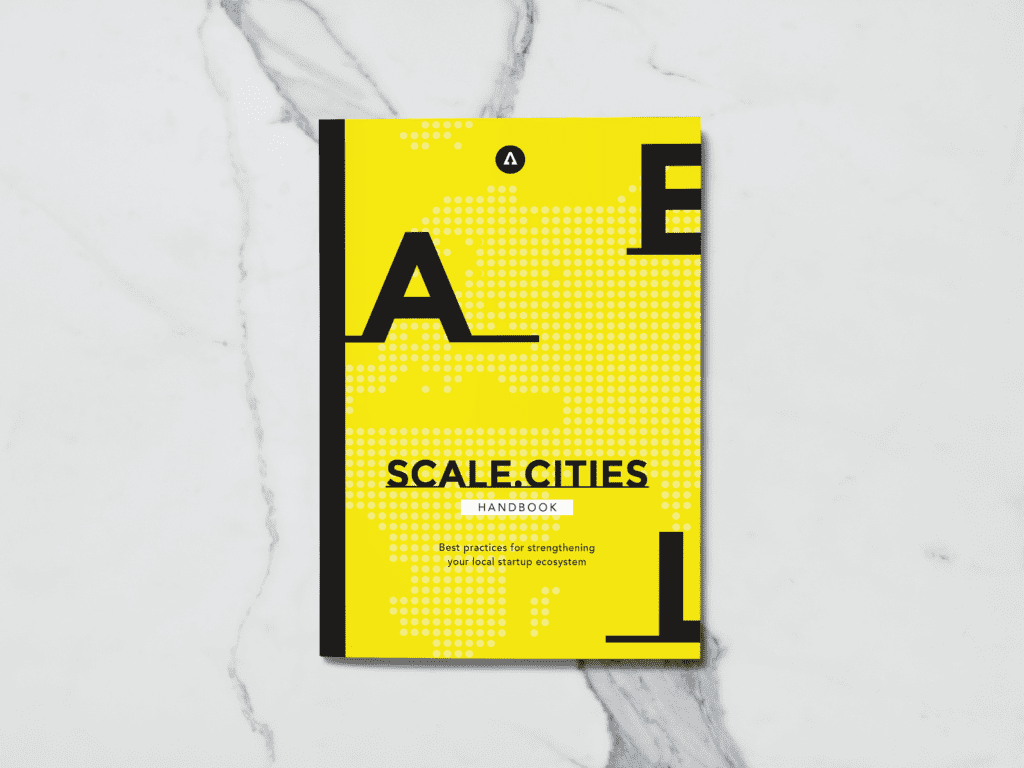
Cities from around the world are strenghtening their startup & tech ecosystem with iniatives and projects. We are collecting these best practices from various cities from all over the world in our extensive database. Purpose is to share it with our members for knowledge exchange: sharing strategies, tools, playbooks and legislation guidelines. A start has already been made by the 20 SCALE cities, and this will be further expanded in the coming period. The database contains per best practice a summary, organisational structure, business model and contact person for each project. Join this project by sharing your cities case! Together we grow our local and global startup ecosystems.

The focus of SCALE.CITIES is on the role of the government in activities and initiatives that strengthen the startup entrepreneurial space and tech ecosystem. Participants are representing their city work in departments, which are continuously engaged in setting up and executing projects and programs aimed at improving the startup ecosystem. The goal is to have SCALE Chapters on each continent. Europe has started his chapter already (with 20 cities).
StartupCity Summit: a place to share insights and discuss the current and future role of local governments in creating flourishing tech ecosystems. The event is restricted to a specific circle of people with the following profiles: (Deputy) Mayors, City Officials Regional Economic Development, Civil servants responsible for Startup or Scale up policies, talent attraction or digital innovation, CEOs of StartupCity Programs, Smart City Officers, Directors Local Investment Agencies, Leadership of Leading Incubators, Accelerators or Science parks. Around 300 city officials and local ecosystem builders from 150 different cities join us to share best practices. Through roundtable sessions and peer-to-peer learning, they develop strategies that strengthen their city’s ecosystem. Join this project and help the team grow the Summit year by year, both in Quality and in the quantity of participating cities!
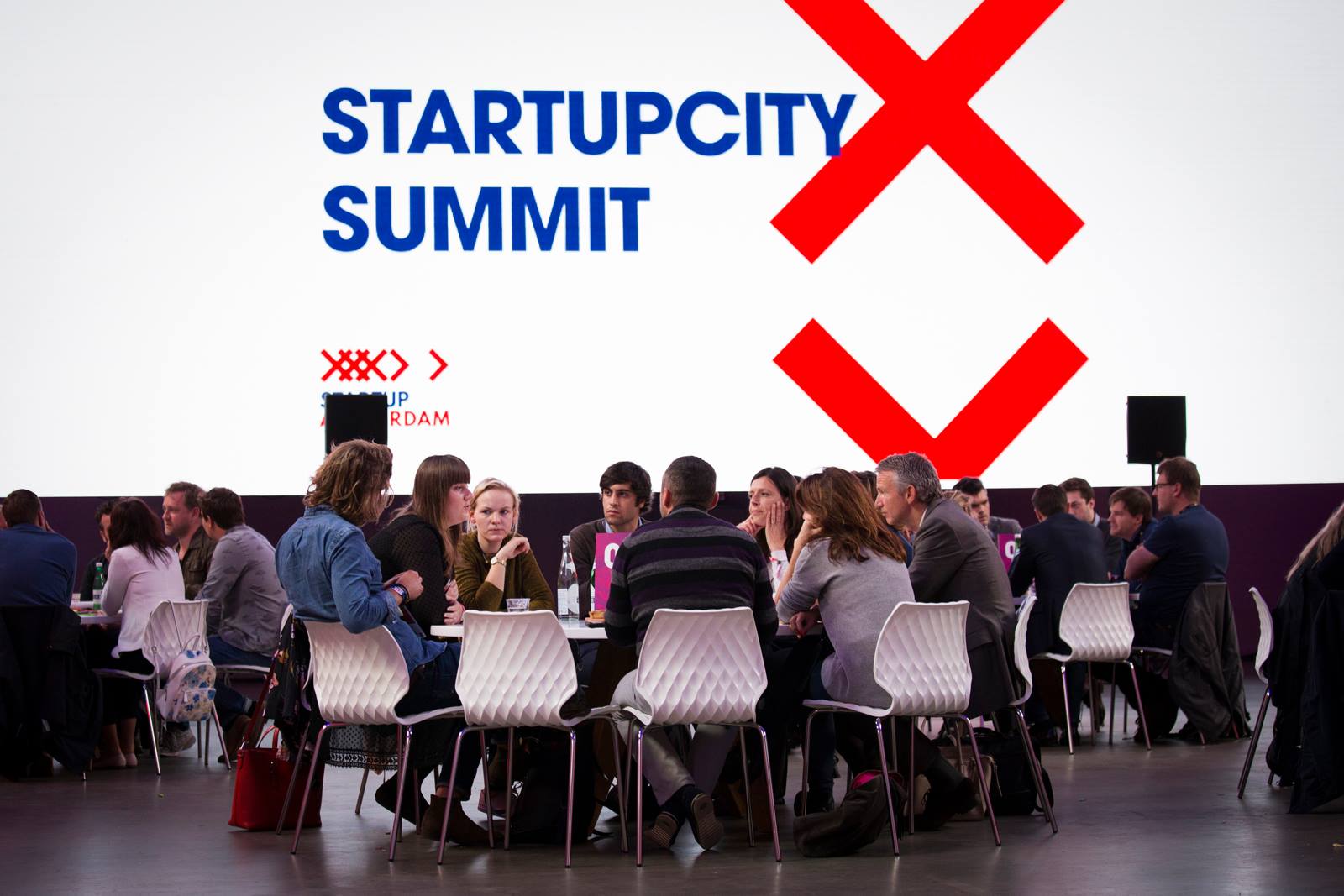
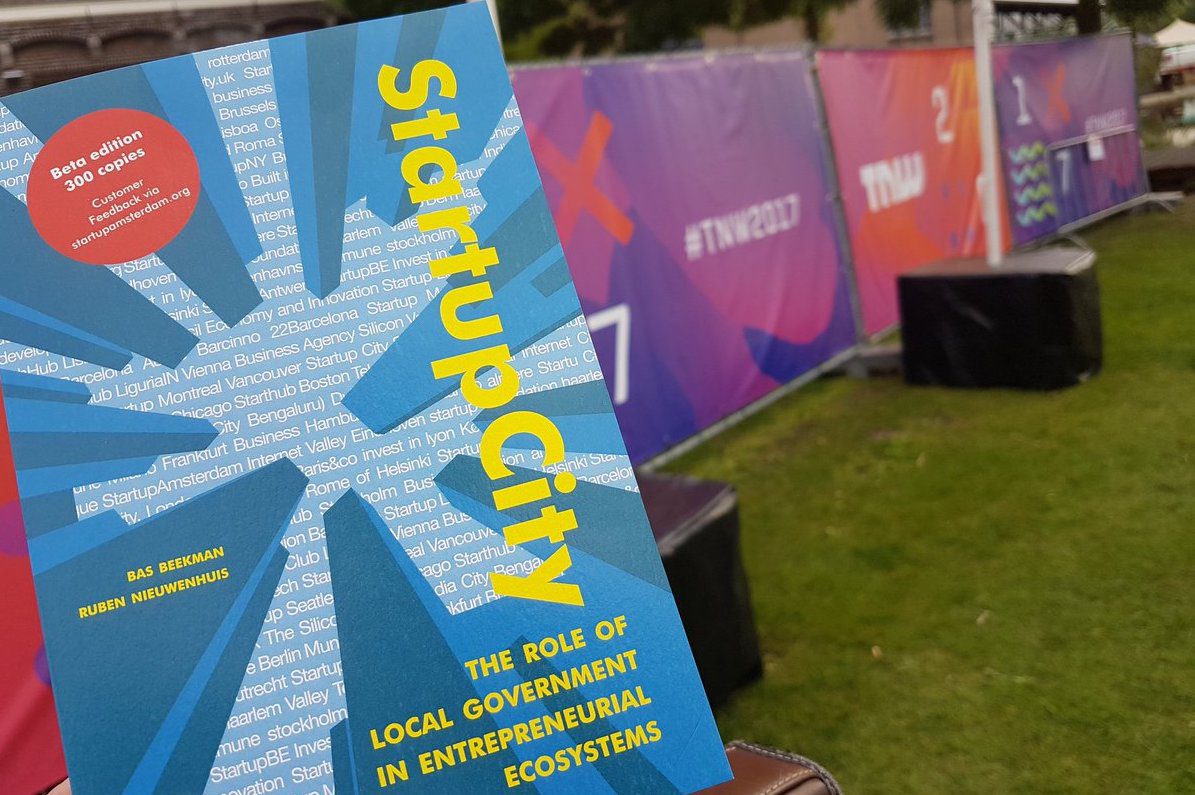
SCALE.CITIES works hard on developing, improving, and spreading the comprehensive guidebook, which explains how local governments can improve their own startup cities. This is a must-read for civil servants wishing to understand the startup mindset and process. Enhance the book together with us and make sure the learnings and insights from your ecosystem are in the next edition of the book.
SCALE.CITIES develops partnerships with local startup organisations cities to organise International Startup Bootcamps that enable the exchange of knowledge and opportunities. During these intensive multiple-day bootcamps, international startups are acquainted by the city representatives with the expertise and networks they require in order to enter the local market.
